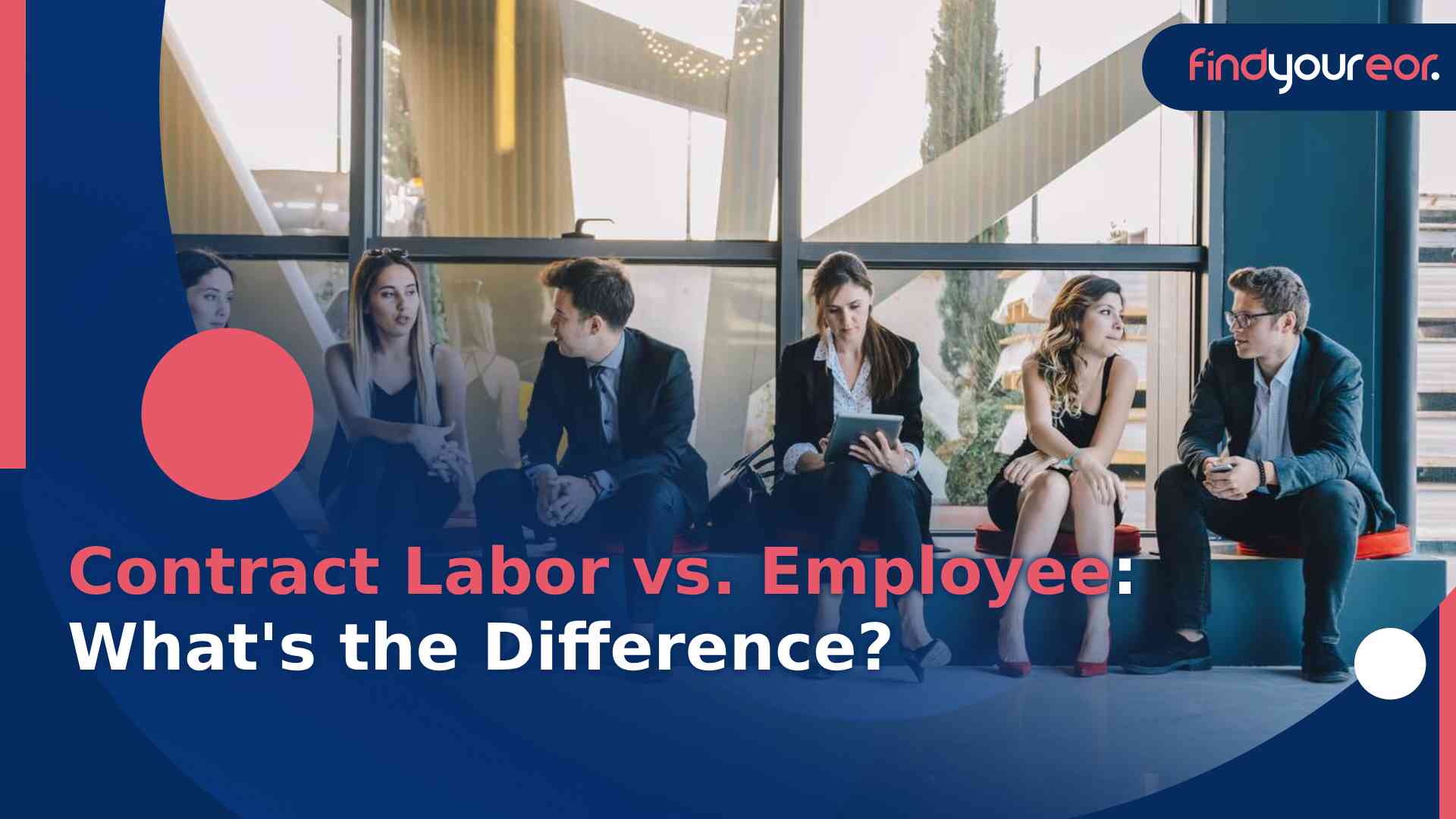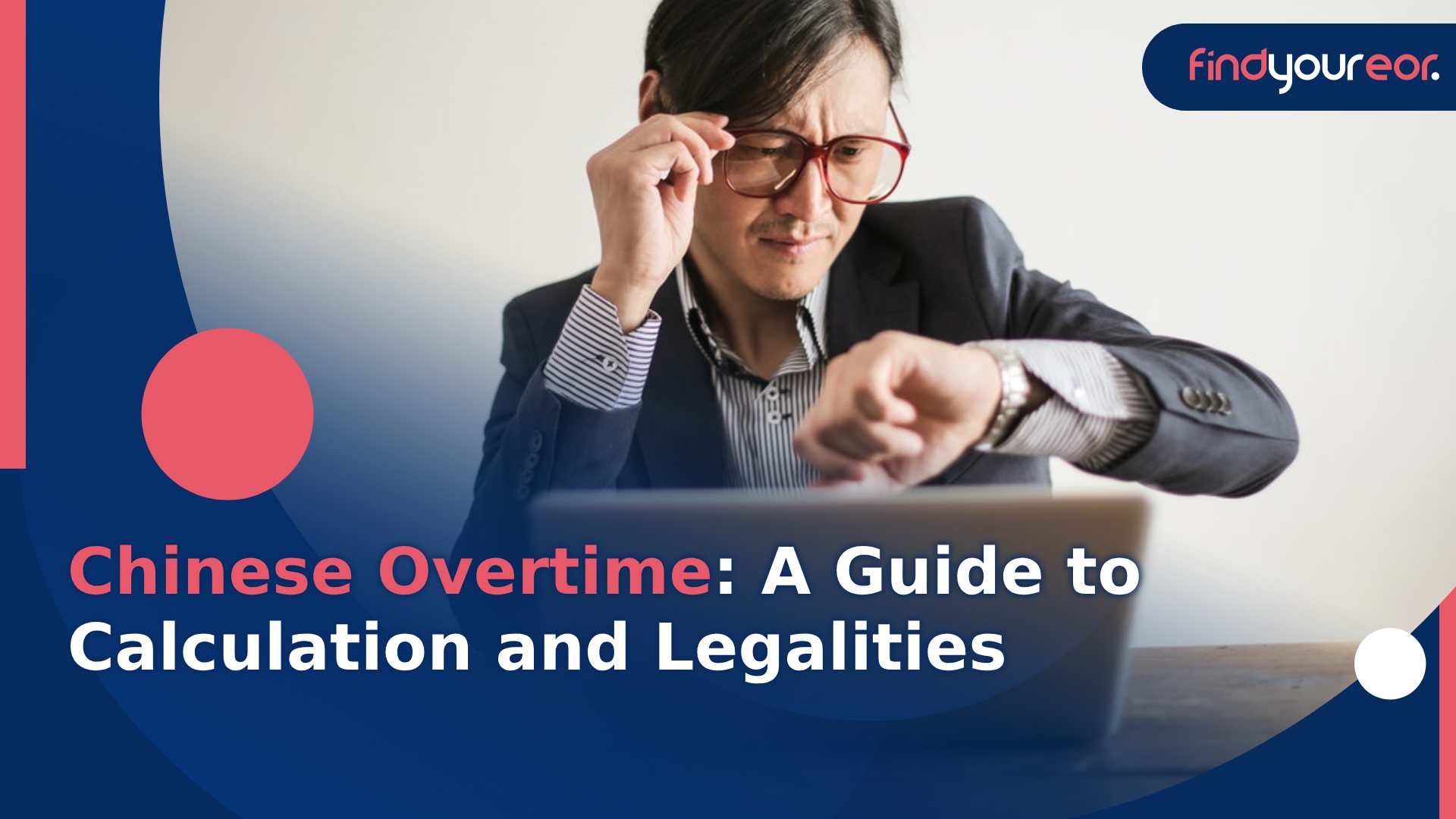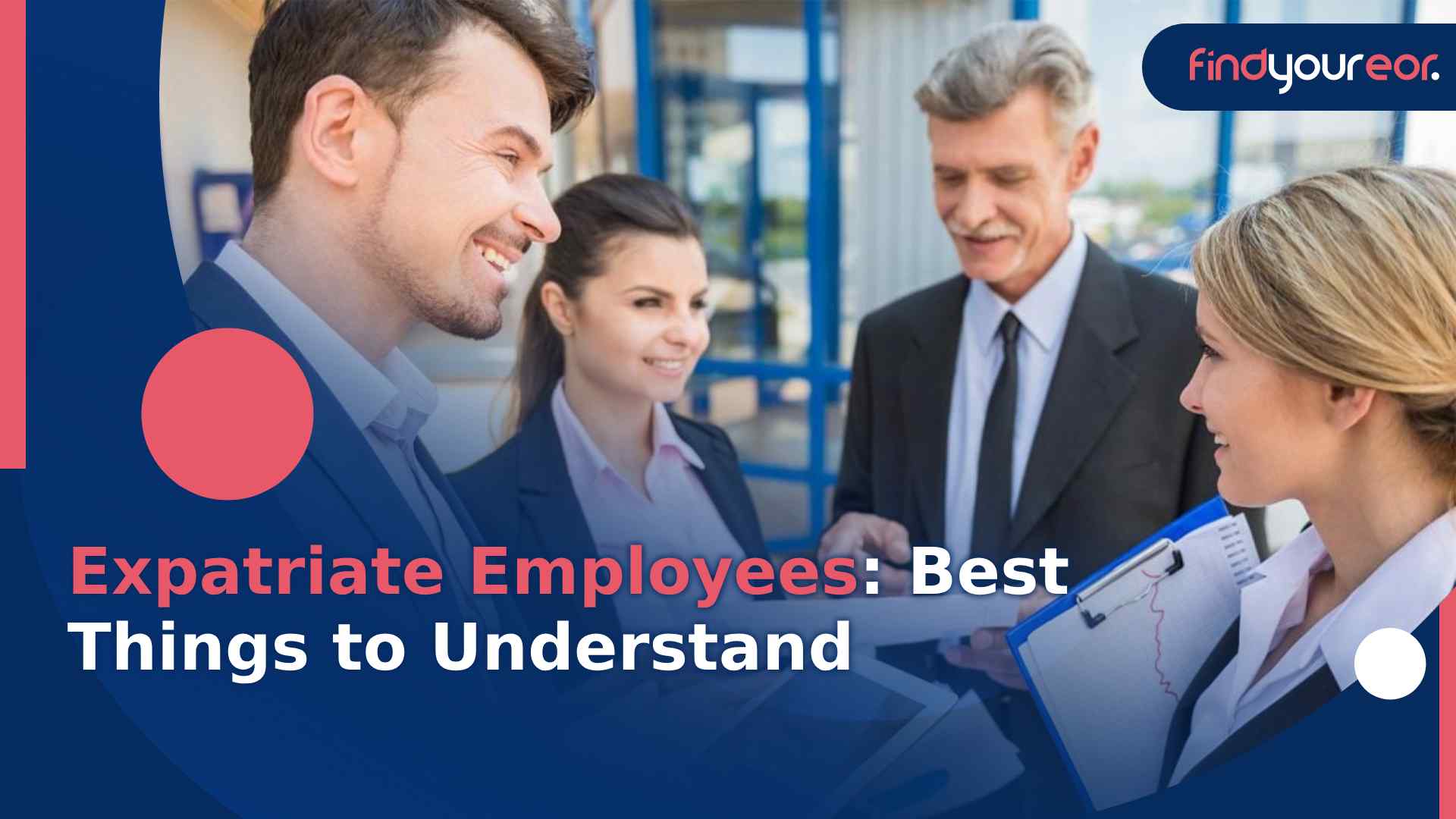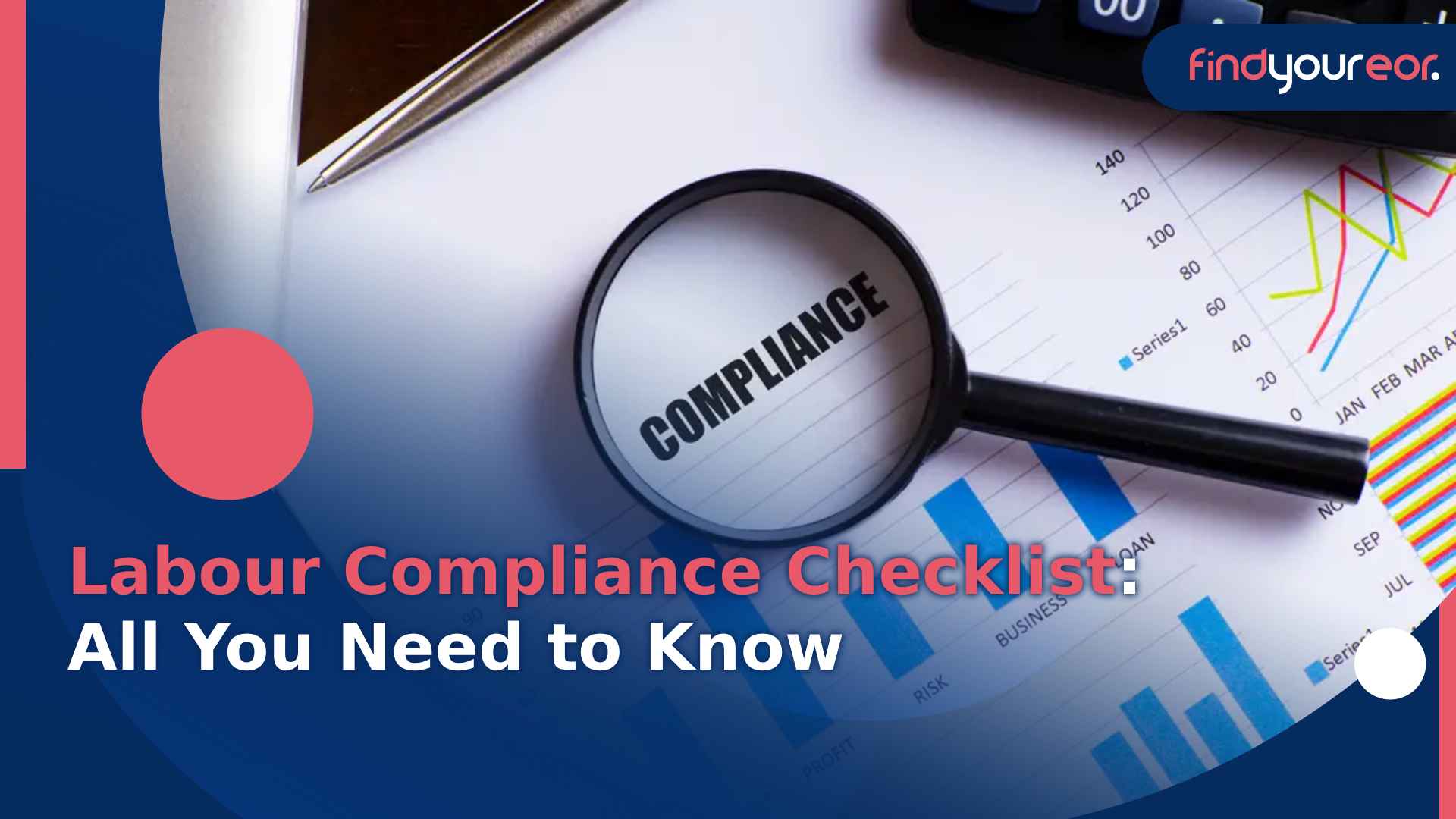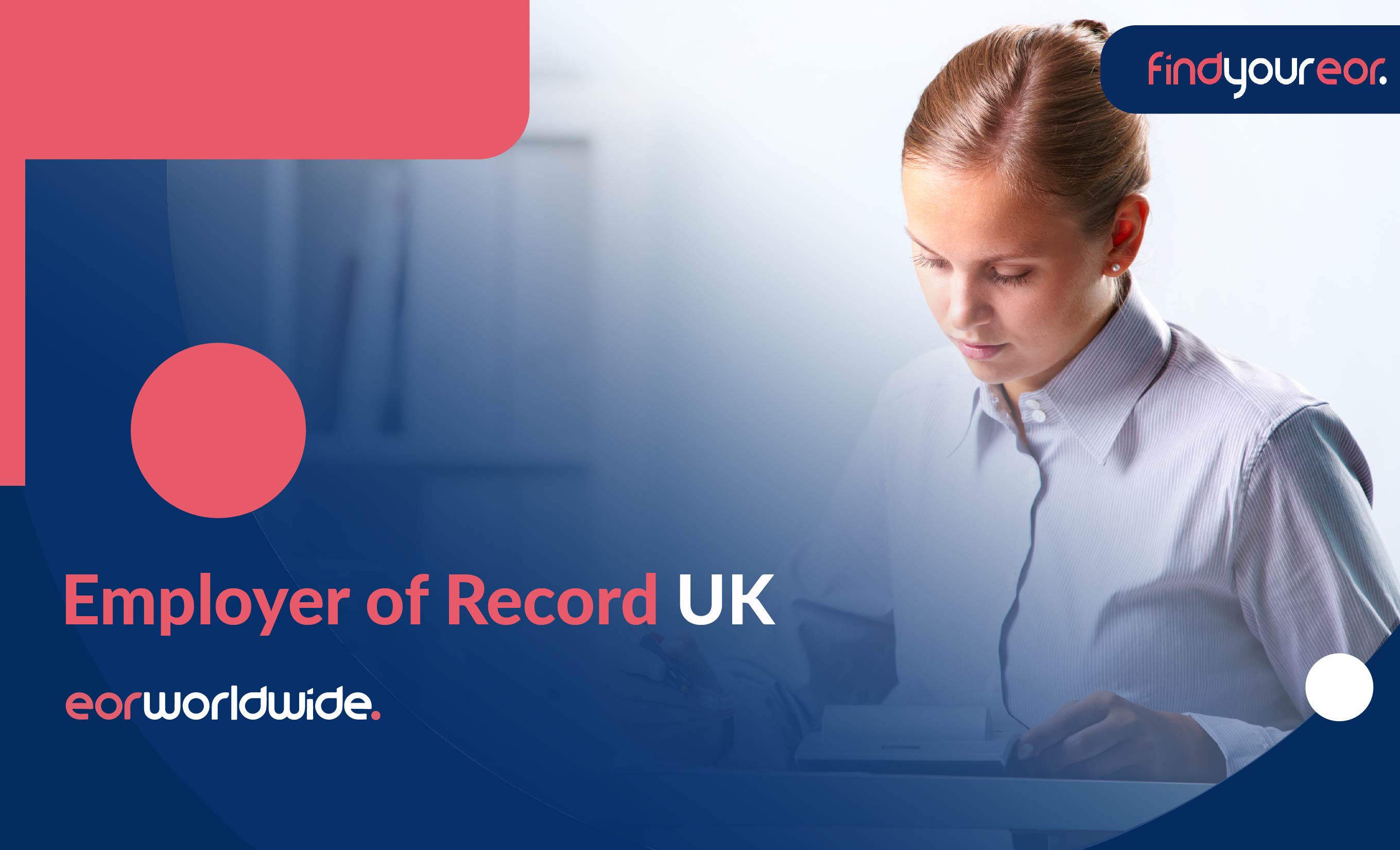Employer of Record Denmark: Why You Need It & How to Use It
Last update: May 16th 2024
Denmark is famous for its exceptional quality of life, progressive social policies, and highly skilled workforce. With a commitment to education and innovation, Danish professionals excel in various industries, including renewable energy, life sciences, design, and information technology.
Nevertheless, hiring specialists from Denmark can present significant challenges for employers, particularly considering the country's immigration and work permit regulations. Getting the required permits and visas for foreign workers can be a bureaucratic process. It requires great attention to detail and compliance with specific prerequisites.
Rather than dealing with these complications, businesses can partner with an employer of record Denmark (EOR Denmark) to streamline processes and guarantee that they follow the local regulations, allowing them to focus on their core business tasks.
An employer-of-record Denmark service provider (EOR Denmark) is a company that takes the legal responsibility of employing workers in Denmark on behalf of another organization. Through this partnership, EOR Denmark oversees payroll processing, benefits administration, tax compliance, and compliance with labor laws.
By collaborating with an employer of record in Denmark, businesses can tap into the country's talent pool without establishing a legal entity or navigating complex employment regulations.
This blog post covers all you need to know about employer of record Denmark services.
How to Hire an Employer of Record Denmark: 5 Simple Steps
Here are five simple steps you need to follow to hire a Denmark-based employer of record.
1. Explore EOR Denmark Options
Start your search by exploring EOR providers in Denmark that are known for their reliability and expertise in your industry. The ideal provider will offer comprehensive services like payroll management, benefits administration, compliance assistance, and seamless employee onboarding. Make sure they prioritize data security and safeguard your intellectual property, too. Also, remember to skim through their pricing structures to find a provider that aligns with your budget and needs, keeping an eye on transparent pricing to avoid surprises later on.
2. Arrange Meetings with Potential EOR Denmark Providers
Schedule meetings with potential EOR providers in Denmark to discuss your specific requirements and learn more about the services they offer. You can use this opportunity to ask them about their experience and how they handle employer-employee relationships.
Important questions to ask include:
- Do they have a legal entity established in Denmark?
- What onboarding support do they provide?
- How do they guarantee compliance with Danish labor regulations?
- How serious are they about their data protection measures?
- Can they provide accurate calculations for employer obligations?
These questions will help you understand EOR Denmark’s suitability for your business and ensure they can meet your unique needs.
3. Verify Global Coverage
Opting for an EOR Denmark provider with global coverage can offer various advantages, especially if you have plans to grow your business beyond Denmark. Providers with international experience can navigate the complexities of labor laws across different regions with a single EOR provider.
In other words, if you plan to have an international team, working with an EOR provider that offers global coverage can simplify operations and enhance communication within the team.
4. Review Feedback and Contracts Thoroughly
Before making your final decision, take your time to read reviews and testimonials about the EOR provider. Look for unbiased opinions beyond their official website. If possible, it would be a good idea to speak with current or former clients to gain firsthand insights into the provider's strengths and weaknesses.
You’ll also want to take a close look at the contracts and agreements with your chosen provider, paying attention to service levels, pricing structures, termination terms, and any additional fees. Make sure you fully grasp the terms and ask for clarification on any uncertainties to prevent misunderstandings later.
5. Partner Closely with Your EOR Provider
Once you've selected your EOR provider in Denmark, establish a collaborative relationship with them. While they handle HR tasks, you can benefit from their expertise and understanding of the Danish labor market.
Work with your EOR provider to design competitive compensation packages and ensure smooth employee transitions. Maintaining open communication between you, your EOR provider, and your employees is essential for a successful partnership. This collaboration promotes a positive experience for your international team and maximizes the benefits of working with an EOR provider.
Benefits of Using an Employer of Record Denmark Services
Employing an employer of record in Denmark offers a range of advantages for businesses planning to establish a presence or expand operations in Denmark. From navigating local regulations to managing payroll and compliance, an EOR provides comprehensive support to streamline operations and drive business growth.
Here are some of the key benefits of using EOR Denmark services.
- Navigating employment regulations: Denmark has strict employment regulations governing various aspects of the employer-employee relationship. Partnering with an EOR Denmark allows businesses to navigate these regulations easily. This ensures compliance and minimizes legal risks. EORs have expertise in Danish labor laws, allowing enterprises to operate confidently and legally in the Danish market.
- Access to skilled talent: Denmark has a highly educated and skilled workforce, particularly in industries such as renewable energy, life sciences, and technology. Partnering with an employer of record in Denmark provides businesses access to this talent pool so that they can recruit and hire skilled professionals quickly and efficiently. EORs facilitate the recruitment process, handle employment contracts, and ensure compliance with labor laws, making it easy for businesses to build high-performing teams and drive innovation.
- Market expansion: Establishing a presence in Denmark can be challenging for foreign businesses due to regulatory complexities and cultural differences. Employing an employer of record in Denmark streamlines the expansion process, allowing businesses to enter the Danish market quickly and efficiently. EORs provide local expertise, strategic guidance, and operational support, enabling businesses to establish a strong foothold in the market.
- Cost efficiency: Employing an employer of record in Denmark can be cost-efficient compared to establishing a legal entity or setting up an in-house HR department. EORs offer scalable solutions tailored to businesses' needs, allowing them to pay only for the services they use. This flexibility helps companies to optimize their operational costs and allocate resources more efficiently.
- Risk management: Operating in a foreign market like Denmark entails various legal, financial, and operational risks. An EOR Denmark helps businesses mitigate these risks by guaranteeing compliance with local regulations, managing employment-related liabilities, and providing strategic guidance. This proactive approach to risk management safeguards businesses from potential disruptions and allows them to focus on achieving their growth objectives.
By hiring the services of a Denmark-based employer of record, businesses can get a strategic advantage in the Danish market. Be it ensuring compliance and accessing talent or managing risks and facilitating market expansion, EOR services allow businesses to expand their operations in Denmark with confidence and efficiency.
Hiring in Denmark
For anyone interested in hiring in Denmark, it’s important to understand the
ins and outs of the country’s employment landscape. This section explores the key aspects employers need to keep in mind.
The New Act on Employment Certificates: Ensuring Transparent Employment
To foster transparent and predictable working conditions, Denmark has introduced significant amendments to the rules governing employment certificates. Here are the key provisions of the new act and its implications for employers and employees:
Promoting Transparency and Clarity
- The new regulation aims to improve transparency and predictability in employment relationships, aligning with a broader EU directive.
- More employees will now be entitled to receive an employment certificate, which will provide comprehensive information about their employment terms and conditions.
Expanded Coverage
- Effective July 1, 2023, the Act on Employment Certificates extends its coverage to workers with an employment relationship equal to or exceeding three hours per week in a reference period of four weeks.
Enhanced Information Disclosure
- Employers are now obligated to provide detailed information on various aspects of the employment relationship, including the identities of the parties involved, the nature of work, and remuneration details.
- The deadline for providing this information has been shortened to seven calendar days, with certain exemptions.
Minimum Working Condition Standards
- The new rules also introduce six minimum requirements regarding working conditions. These ensure a baseline level of protection for all employees, irrespective of their tenure or start date.
Key Provisions
- Among these provisions are limitations on probationary periods, rights to parallel employment, and protections for workers with variable schedules or on-call arrangements.
Compliance Deadline
- Employers must align their existing employment certificates with the new provisions before July 1, 2023, to make sure they’re compliant with the updated regulations.
Addressing these changes is crucial for employers and employees as they seek to maintain fair and transparent working relationships within the Danish labor market.
Key Regulations for Employment Practices in Denmark
Here are some key regulations you need to be informed about when hiring employees from Denmark:
Employment Contracts and Obligations
When hiring staff in Denmark, it's essential to grasp the nuances of employment contracts and associated obligations. These contracts delineate critical aspects such as employment duration, working hours, compensation, and termination procedures. Danish law mandates clear terms to guarantee fairness and stability in employment relationships.
Balanced Work Hours and Compensation
Denmark's labor landscape is famous for its harmonious work-life balance, reflected in standard working hours and compensation practices. With a typical workweek of 37 hours, the emphasis is on quality over quantity. Overtime arrangements are governed by collective agreements, prioritizing employee well-being while maintaining productivity.
Fair Remuneration and Perks
Fair wages and comprehensive benefits are at the forefront of Denmark's employment. Anchored by high minimum wage standards and collective bargaining agreements, employees are assured competitive compensation packages. Benefits like paid vacation, parental leave, and healthcare coverage also contribute to employee satisfaction and societal well-being.
Diversity and Inclusion Standards
Danish labor laws highlight the importance of promoting inclusive workplaces free from discrimination. Employers must uphold principles of equal treatment, avoiding bias based on gender, age, or ethnicity. By cultivating diverse and inclusive environments, organizations not only comply with legal mandates but also harness the full potential of their workforce.
Worker Representation and Collaboration
Employee representation through trade unions plays a major role in Denmark's labor framework. Collective bargaining agreements shape working conditions, wages, and dispute-resolution mechanisms. This collaborative approach promotes a culture of mutual respect and partnership between employers and employees, enhancing workplace harmony and productivity.
Navigating Employment Termination
Terminating employment in Denmark requires businesses to follow the established legal protocols and contractual obligations. Employers and employees must navigate notice periods and severance considerations with diligence and fairness. By following established procedures, organizations can uphold the integrity of employment relationships while mitigating potential disputes.
Prioritizing Workplace Safety and Well-being
Denmark's commitment to workplace health and safety is quite strong, with strict regulations to safeguard employee well-being. Employers are responsible for providing a safe working environment, with regulatory bodies ensuring compliance through deep inspections. By prioritizing worker safety, organizations can promote trust and resilience within their workforce.
Payroll Taxes in Denmark
Payroll taxes and contributions are another part of operating in Denmark. They are vital in funding various social security programs, ensuring employee welfare, and complying with labor regulations.
Employers contribute to various social security programs:
- Pension contributions (ATP): Typically around DKK 2,272 per year.
- Apprenticeship and vocational training (AUB): Approximately DKK 2,791 per year.
- Occupational injury and disease (AES): Ranges from DKK 215 to 5,157 per year, depending on risk.
- Maternity leave fund: Obligatory contribution of DKK 1,350 annually.
Employers also provide holiday allowances and ensure compliance with occupational injury insurance requirements. Holiday allowance (feriepenge) is 12.5% of hourly employees' salaries, paid quarterly into FerieKonto. Occupational injury insurance costs vary, ranging from DKK 1,176 to 24,441 annually, based on factors like industry and insurer. These contributions ensure employee financial security and compliance with Danish labor laws.
Consequences of Missteps
Failing to meet mandatory requirements in Denmark can result in significant violation costs for companies. For instance, neglecting to provide employees with a written statement of employment conditions within the stipulated time frame can lead to fines ranging from DKK 1,000 to DKK 25,000, depending on the severity of the violation.
Similarly, overlooking government reporting obligations, such as reporting taxes or ensuring proper permits for foreign workers, can incur fines of up to EUR 2,700 per month. Violations related to workplace policies, like smoking regulations or safety signage, can incur penalties of up to DKK 20,000 for repeated offenses.
To avoid the financial and reputational risks associated with these consequences, companies can simply work with an employer of record in Denmark. An EOR Denmark can provide comprehensive support in ensuring compliance with local regulations, managing payroll taxes, and handling administrative tasks effectively. By partnering with an EOR, companies can mitigate risks and focus on their core business activities, ensuring smooth operations and legal compliance in Denmark.
Choose EOR Worldwide for Denmark EOR Services
Are you looking to establish a presence or expand operations in Denmark? Partner with EOR Worldwide, your trusted employer-of-record Denmark partner, to simplify your entry into the Danish market. Our comprehensive EOR services guarantee compliance with Danish regulations, streamlined payroll processing, and access to a diverse talent pool in Denmark.
With our local expertise and support, you can take on the Danish business environment with confidence and ease. Whether you're targeting Copenhagen, Aarhus, or Odense, EOR Worldwide has the resources and connections to support your expansion efforts. Allow us to be your strategic partner in opening opportunities and driving success in Denmark. Get started today and enjoy the benefits of partnering with a global leader in EOR.








